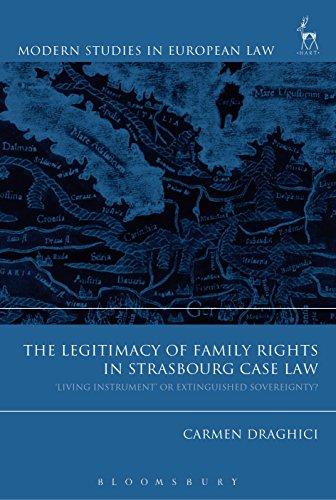Question
Choose one of the three examples below to provide a reasonable and articulate discussion, including the rationale for your decision, along with the impact on
Choose one of the three examples below to provide a reasonable and articulate discussion, including the rationale for your decision, along with the impact on business and society.
Business Ethics
INTRODUCTION
Among the concepts examined in this chapter are the nature of business ethics and the relationship between ethics and the law.Because of this relationship, a careful study of business law will help your students to understand what is and what is not considered by society to be ethical behavior in business.Throughout the text, the relation between particular laws and the broad, underlying ethical premises on which they rest is discussed.
This chapter also presents issues that are involved in determining business ethical responsibility.Business ethics involves the application of ethical standards to business activities.
Ultimately, the goal of this chapter is to provide students with basic tools for analyzing ethical and social responsibility issues in a business context.Exactly how to decide these issues is something each person must do lone, on the basis of his or her own convictions.Questions students must ask themselves include: (1) What are their ethical criteria?(2) How would they apply those criteria in a particular situation?(3) How can they best adapt their standards to the kinds of ethical and social responsibility issues that they will face in the business world?
Case 9.1: Scott v. Carpanzano
Rick Scott filed a suit in a federal district court against Salvatore Carpanzano and others, including Carpanzano's daughter Carmela, alleging claims relating to Scott's loss of about $2 million in an escrow account. Carpanzano failed to cooperate with discovery, did not respond to attempts to contact him by certified mail, regular mail, or e-mail, refused to appear as requested and ordered, and did not finalize a settlement negotiated between the parties' attorneys. Carmela denied that she was involved in her father's business or the Scott transaction. The court awarded Scott more than $6 million.
Case 9.2: May v. Chrysler Group, LLC
For several years, Otto May, Jr., a pipefitter at Chrysler Group, LLC, was the target of racist, homophobic, and anti-Semitic remarks and conduct, including death threats, vandalism, and other acts. May complained to Chrysler. The company investigated and held two meetings to remind the workers in attendance that harassment was not acceptable. But the harassers were never identified and the harassment continued. May filed a suit in a federal district court against Chrysler for hostile work environment harassment (a violation of May's federal civil rights). A jury awarded May $709,000 in compensatory damages and $3.5 million in punitive damages. The court overturned the punitive award. May appealed.
The U.S. Court of Appeals for the Seventh Circuit reinstated the punitive damages based on the reprehensible and unethical nature of Chrysler's actions in failing to address the harassment sufficiently. "It was appropriate for Chrysler to be held responsible for the hostile work environment: Its response was shockingly thin as measured against the gravity of May's harassment."
Case 9.3: Al-Dabagh v. Case Western Reserve University
The curriculum at Case Western Reserve University School of Medicine identifies nine "core competencies." At the top of the list is professionalism, which includes "ethical, honest, responsible and reliable behavior." Amir Al-Dabagh enrolled at the medical school and did well academically. He even published several articles and won a special award for "Honors with Distinction in Research." But he sexually harassed fellow students, often asked an instructor not to mark him late for class, received complaints from hospital staff about his demeanor, and was convicted of driving while intoxicated. The university decided that Al-Dabagh lacked professionalism and refused to give him a diploma. He filed a suit in a federal district court against Case Western, alleging a breach of good faith and fair dealing. The court ordered the university to issue a diploma. The university appealed.
The U.S. Court of Appeals for the Sixth Circuit reversed. "Nothing in the record suggests that the university had impermissible motives or acted in bad faith."
Step by Step Solution
There are 3 Steps involved in it
Step: 1

Get Instant Access to Expert-Tailored Solutions
See step-by-step solutions with expert insights and AI powered tools for academic success
Step: 2

Step: 3

Ace Your Homework with AI
Get the answers you need in no time with our AI-driven, step-by-step assistance
Get Started


